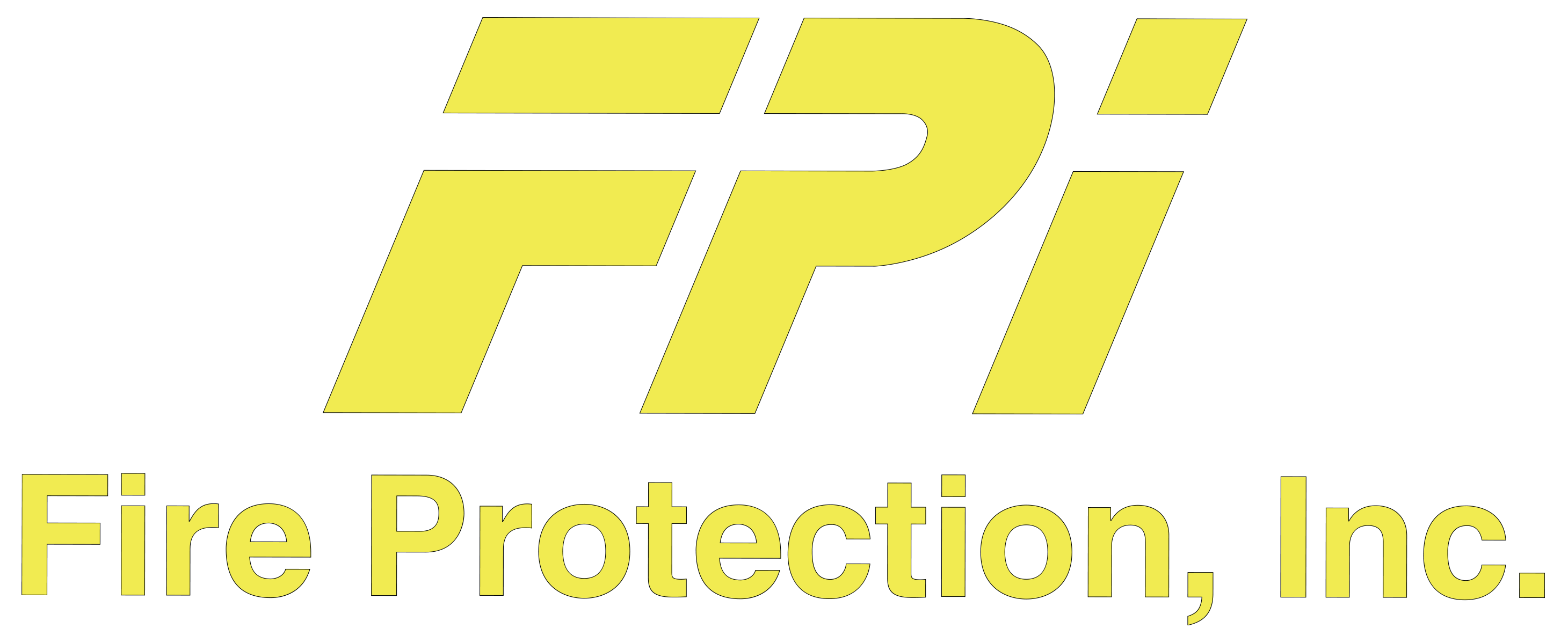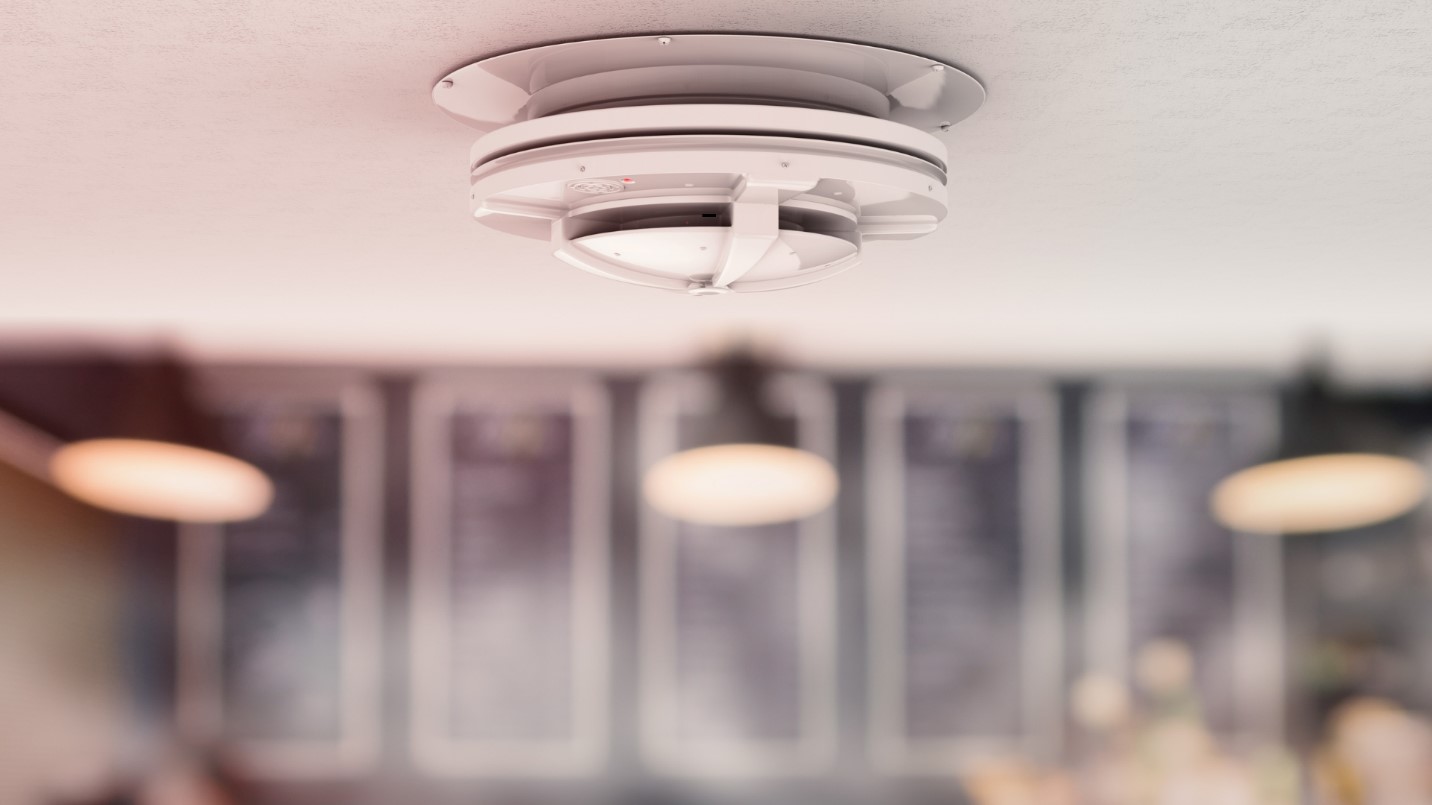In the world of commercial facility management and ownership, ensuring the safety and security of your site is paramount. Among the most critical components of a fire protection strategy are smoke detectors. These devices are not just a regulatory compliance requirement but are lifesavers that play a pivotal role in safeguarding lives, property, and business continuity.
This article explores the importance of smoke detectors in commercial spaces, offering insights for facility managers and building owners on implementing and maintaining effective fire detection systems.
Understanding Smoke Detectors
How They Work
Smoke detectors are designed to sense the presence of smoke, a primary indicator of fire, and alert occupants through alarms. They operate mainly through two mechanisms: ionization and photoelectric detection.
Ionization smoke detectors are more responsive to flaming fires, while photoelectric detectors are better at sensing smoldering fires. For comprehensive protection, the use of both types in commercial spaces is recommended.
Regulatory Compliance
Compliance with local fire safety regulations is a legal requirement for commercial facilities. These regulations typically mandate the installation of smoke detectors in specific areas, their maintenance, and periodic testing to confirm functionality. Adhering to these requirements not only warrants legal compliance but also enhances the safety and security of the facility.
The Importance of Smoke Detectors in Commercial Spaces
Early Fire Detection
The primary benefit of smoke detectors is the early detection of fire, often before flames are visible or widespread. This early warning can be crucial in evacuating occupants safely and in initiating firefighting efforts to minimize damage.
Protecting Lives and Property
In commercial settings, where the potential for significant loss of life and property is high, the presence of an effective smoke detection system can make a major difference. Early detection and response can save lives and reduce the financial impact of fire damage.
Business Continuity
Beyond the immediate threat to lives and property, fires can disrupt business operations, leading to significant financial losses and reputational damage. Smoke detectors help in minimizing these disruptions, ensuring that businesses can resume normal operations as quickly as possible after a fire incident.
Best Practices for Implementing Smoke Detectors
Strategic Placement
To maximize effectiveness, smoke detectors should be strategically placed throughout the facility, including in high-risk areas such as kitchens, server rooms, and storage areas. It’s crucial to follow the guidelines set by fire safety experts and regulations when deciding on placement.
Regular Maintenance and Testing
Regular maintenance and testing of smoke detectors are essential to ensure they function correctly when needed. This includes cleaning detectors to prevent false alarms, replacing batteries as necessary, and conducting periodic tests to verify alarm functionality.
Integration with Fire Safety Systems
For optimal protection, smoke detectors should be integrated with a comprehensive fire safety system, including fire alarms, sprinkler systems, and emergency lighting. This integration ensures a coordinated response to fire incidents, enhancing safety for occupants and property.
Partner with Fire Protection, Inc Today
Elevate the safety and security of your commercial space by partnering with Fire Protection, Inc. Our expertise in advanced fire protection solutions guarantees peace of mind, ensuring that your facility is equipped with the most reliable and effective smoke detection systems. Let us help you protect what matters most – contact Fire Protection, Inc today for a comprehensive fire safety evaluation.

